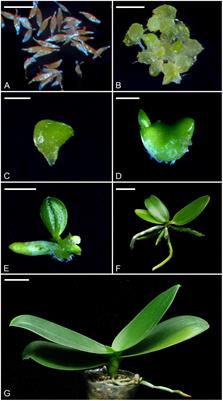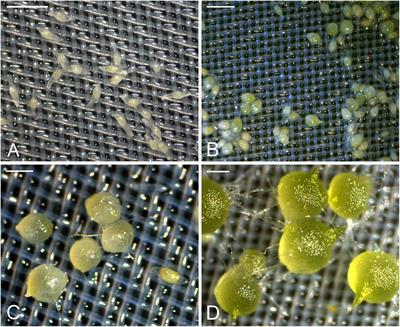EDITORIAL
Published on 16 Apr 2019
Editorial: From Functional Genomics to Biotechnology in Ornamental Plants
doi 10.3389/fpls.2019.00463
- 2,488 views
- 2 citations
19k
Total downloads
98k
Total views and downloads
Select the journal/section where you want your idea to be submitted:
EDITORIAL
Published on 16 Apr 2019
ORIGINAL RESEARCH
Published on 30 Oct 2018

ORIGINAL RESEARCH
Published on 15 Aug 2018

METHODS
Published on 24 Jul 2018

ORIGINAL RESEARCH
Published on 17 Jul 2018

ORIGINAL RESEARCH
Published on 09 Jul 2018

METHODS
Published on 22 Jun 2018

ORIGINAL RESEARCH
Published on 19 Jun 2018

ORIGINAL RESEARCH
Published on 05 Jun 2018

ORIGINAL RESEARCH
Published on 25 Apr 2018

ORIGINAL RESEARCH
Published on 28 Feb 2018

ORIGINAL RESEARCH
Published on 30 Jan 2018

